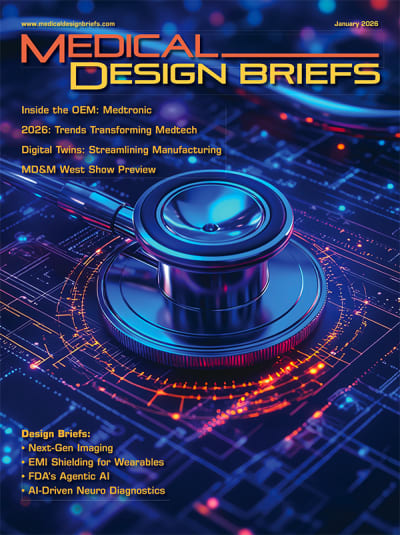Using machine learning and imaging algorithms powered by artificial intelligence (AI), Omniscient Neurotechnology has created a platform called Quicktome that builds personalized brain maps using data from standard MRIs.
The FDA-cleared platform enables neurosurgeons to visualize and map the brain’s cognitive and emotion regulation networks. The platform analyzes millions of data points derived from a standard MRI scan to produce a personalized brain map.
Connectomics, the field of understanding brain connectivity, is poised to change the future of neuroscience, says Michael Sughrue, MD, co-founder and chief medical officer of Omniscient, which was founded in 2019. Quicktome uses this “big data approach” to construct and analyze a computer-generated map of the brain’s functional and structural connections.
With connectomics, a digital map is created using cloud computing and AI. These maps are made available to specialists in neurosurgery, psychology, and research. The insights they provide helps surgeons comprehend the complexity of the brain and open the door to more advanced treatment options for disorders such as depression, Alzheimer’s disease, schizophrenia, and stroke. With regard to machine learning, he says the challenge is making tools that answer useful questions. The company is building out its portfolio to address many different use cases.
By visualizing networks that are responsible for complex functions such as language, movement, and cognition, Quicktome assists neurosurgeons in making more informed decisions and reduces surgical uncertainty. “It is able to handle the distortion of the tumor and allows the surgeon to perform the surgery,” says Sughrue.
The groundbreaking software can be integrated into any PACS. The technology does all of the processing in the cloud and sends the map back into the PACS for the physician to access.
“COVID forced us to make a really good product,” he says, including engaging very early with FDA to submit it as a 510(k). “Our product is better, but not more dangerous than what is already offered,” says Sughrue.
Growth areas for the technology will likely focus on conditions such as stroke and Alzheimer’s next, he says, but the real future growth — and the company’s next horizon — will be addressing psychiatric issues and mental health.
Sherrie Trigg
Editor and Director of Medical Content
For more information about the company, visit here .



